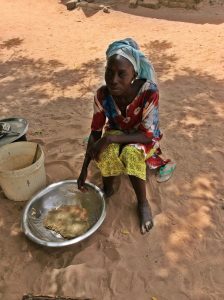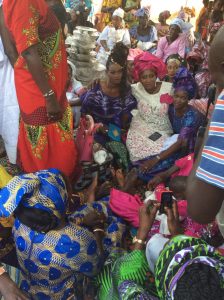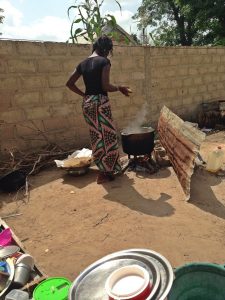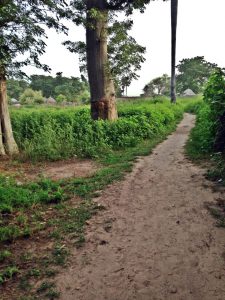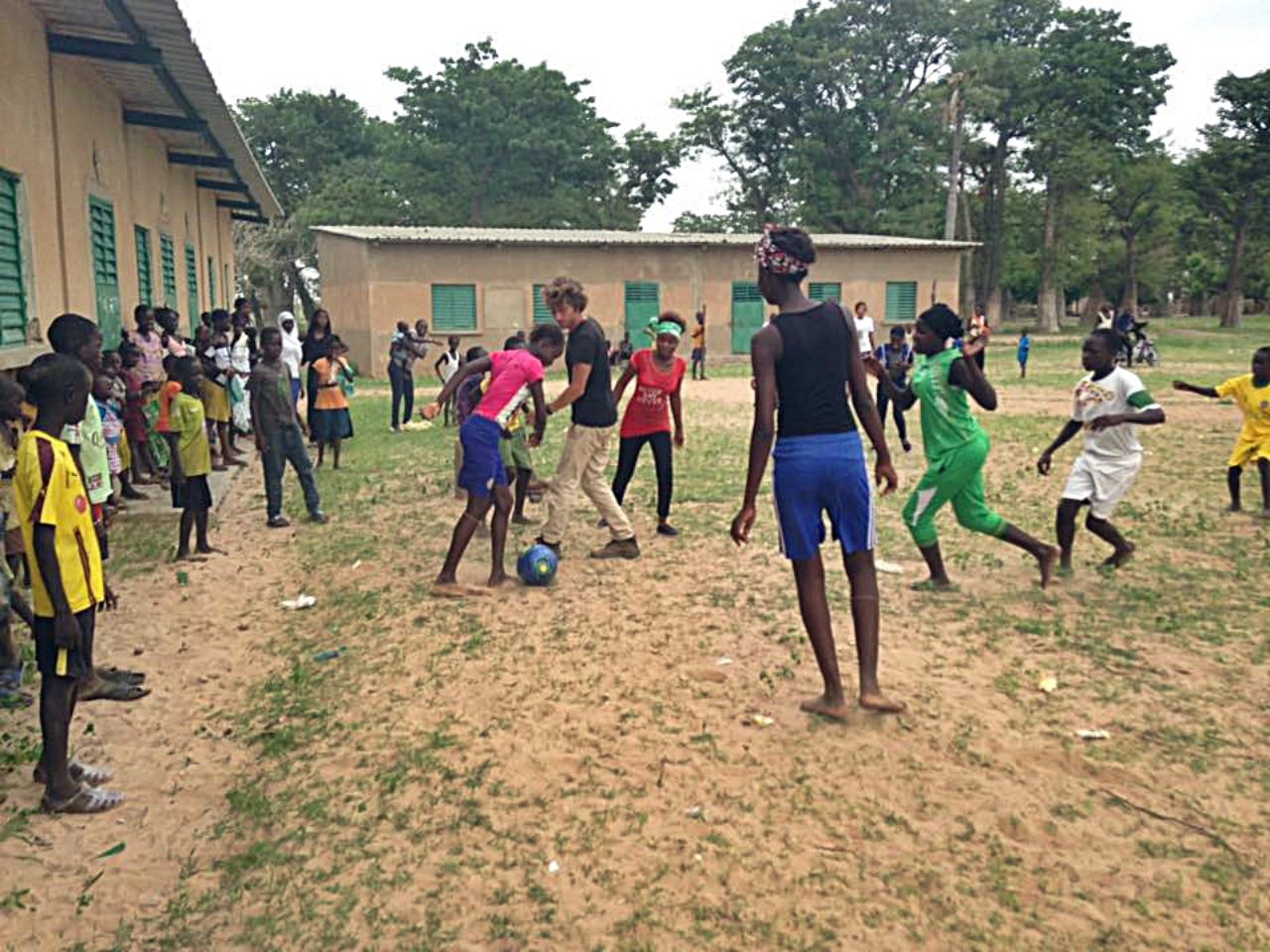This project is made possible through the partnership of WATER CHARITY and the NATIONAL PEACE CORPS ASSOCIATION. ![]()
Location
This project summary has been redacted for security reasons to omit the specific project location.
Gxxxxxx, Wxxx, and Dxxxx, Commune of Gagnick, Department of Guinguineo, Region of Kaolack, Senegal
Community Description
The three target villages of this project are Gxxxxxx, Wxxx, and Dxxxx. All three villages are located within the rural commune of Gagnick in the department of Guinguineo in Kaolack.
People in the communities of Wxxx and Gxxxxxx make a living primarily through farming millet and peanuts. People in Dxxxx typically work by rearing cows and sheep.
Ethnically, the village of Gxxxxxx is one-hundred percent Sereer, the village of Dxxxx is one-hundred percent Pulaar, and the village of Wxxx is eighty percent Wolof and twenty percent Server. Despite the mix of ethnicity, all of the members of all three communities can understand and speak Wolof fluently; this is how the separate villages communicate with one another.
All three of these villages identify as one-hundred percent Muslim and therefore value cleanliness highly. Thus, these villages are actively seeking to adopt a more cleanly lifestyle despite limitations.
The combined population of the three villages is about 1,000 people with the bulk of this population being youth under the age of eighteen. Additionally, all three of these villages have access to running water that is pumped from the commune capital, Gagnick Khojil, but none of these villages have access to electricity. Some households within these communities have independently paid to have solar panels attached to their houses, and most households have paid to have running water spigots constructed their compounds.
As far as health care infrastructure, Gxxxxxx has a Health Hut located locally that serves over four villages including Gxxxxxx and Wxxx. The community members of Dxxxx do not have a Health Hut that they can utilize and must go to a Health Post, a higher-performing healthcare infrastructure that is oftentimes more expensive.
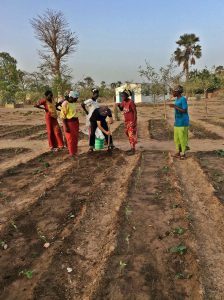 Problem Addressed
Problem Addressed
One of the biggest challenges within the three communities engaged in this project is financial limitations. Locals’ jobs and herders and farmers typically provide individuals with enough money to feed themselves and their families, and enough money to handle minor health issues that may arise. However, individuals in these communities seldom have money to invest in construction projects, treating severe illnesses, and other luxuries. Most people living in the area resort to defecating in their fields, as there is no feasible alternative
A former Peace Corps Volunteer helped these communities receive forty household latrines. However, there are still over seventy remaining houses that have no latrine infrastructure whatsoever. Because of inadequate hand-washing and latrine infrastructure throughout these villages, diarrhea has been named as the top health care issue by local health workers.
Additionally, individuals in these communities do not always have the money needed to treat illnesses such as diarrhea and dehydration resorting to diarrhea.
In addition to financial problems, these three communities are all rural bush communities that do not have resources for building latrines regularly available. Transporting materials from other sites is nearly impossible for these individuals as vehicles only transport materials in bulk and materials are too bulky and heavy to be transported by horse or donkey.
Project Description
This project is to construct ventilated-pit latrines in 31 households in the three villages.
Efforts began in February 2017, when meetings were held with each village after the communities expressed interest in having increased access to latrines. At each meeting, project objectives were outlined, a village treasurer was designated, and community contributions were established. The meetings were led by PCV counterpart Ibrahima Diouf. In addition, treasurers from each Village, Mas Ndaiye, Niokhor Diouf, and Adama Sow have agreed to collect money from participating households and track the progress of each household in their respective village.
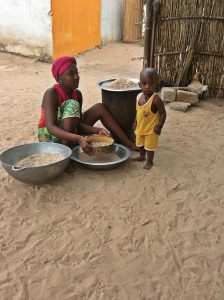 Since the initial meeting, 31 households have paid at least one-third of their total community contribution. Participating households will now purchase a hand-washing station, and attend behavior change communication health talks on hand-washing, the importance of latrine use, and latrine maintenance.
Since the initial meeting, 31 households have paid at least one-third of their total community contribution. Participating households will now purchase a hand-washing station, and attend behavior change communication health talks on hand-washing, the importance of latrine use, and latrine maintenance.
After each community member has attended these sessions, paid their entire cash contribution, and dug their pit holes, locally-hired masons will construct latrine pits and cement toilet seats over two days. Community members will then be required to provide either traditional millet-stalk fencing to enclose the infrastructure, or independently pay to add on a cement brick enclosure around the cement toilet chair.
After construction is complete, the PCV and her counterpart will complete home visits to ensure that individuals are washing hands and using their latrine properly, in addition to reinforcing the objectives of health talks.
The in-kind contribution for the project will consist of digging the pit hole, water for cement, lunch for masons, and transport of sand. The community contribution is compromised of the mason fee, hand-washing station, and latrine wire.
Water Charity funds will pay for the latrine materials, material transportation, and brick-making labor costs.
Project Impact
285 people will benefit from the project.
Peace Corps Volunteer Directing Project
A. Dunajcik
Monitoring and Maintenance
The latrines will be maintained and repaired by the individual families.
Project Funding
This project has been paid for by a donor who chooses to remain anonymous. Please Donate so that we have funding for our next project in Senegal.
